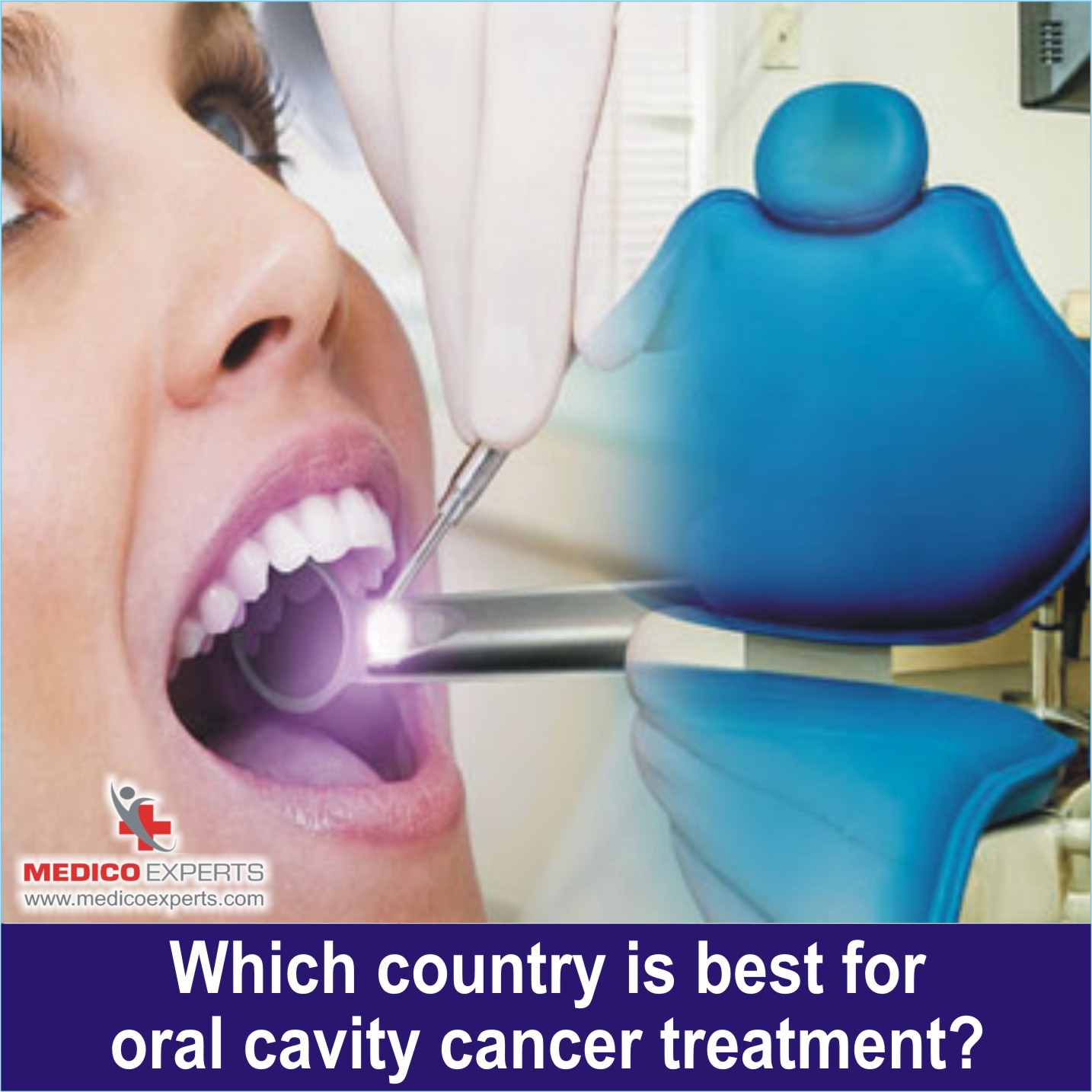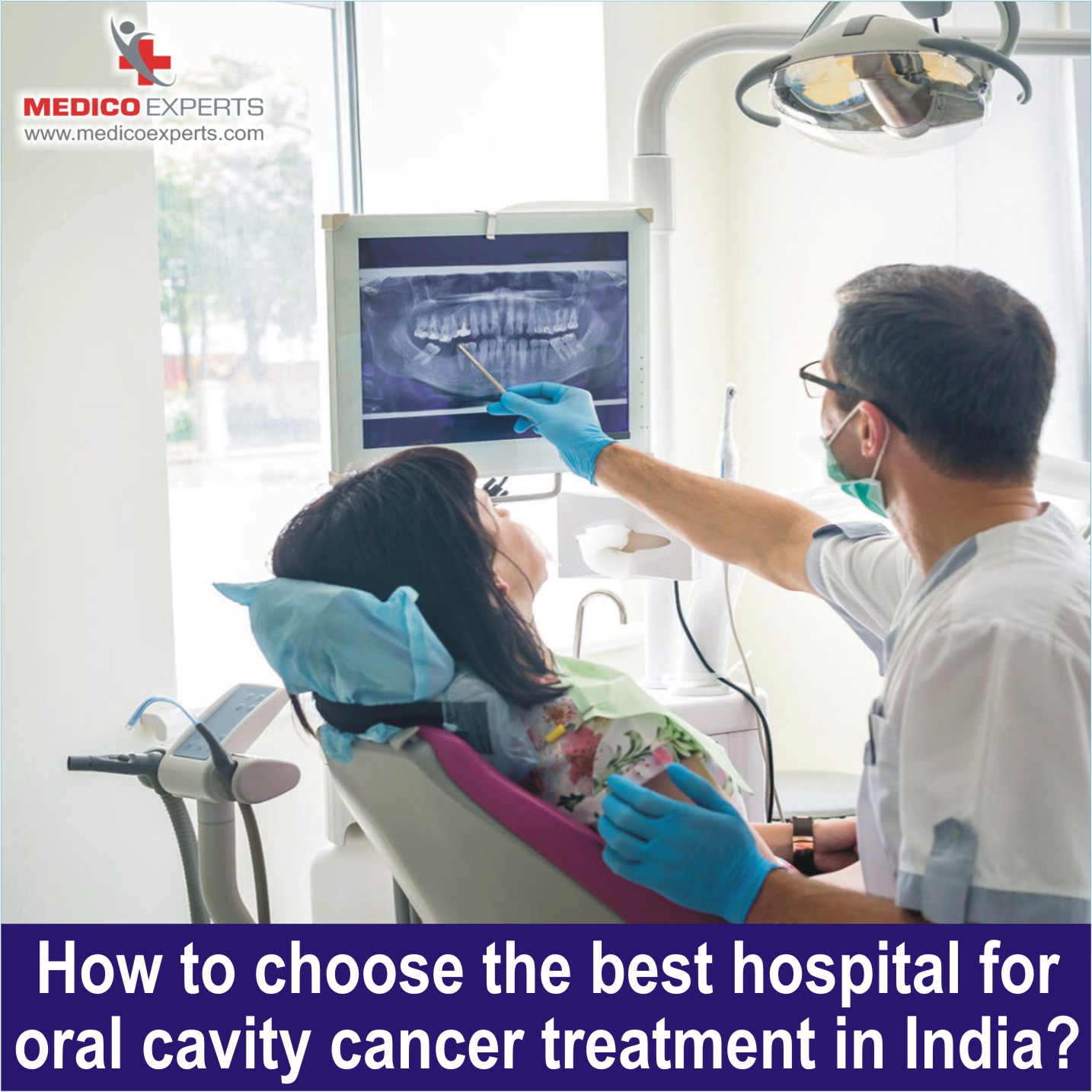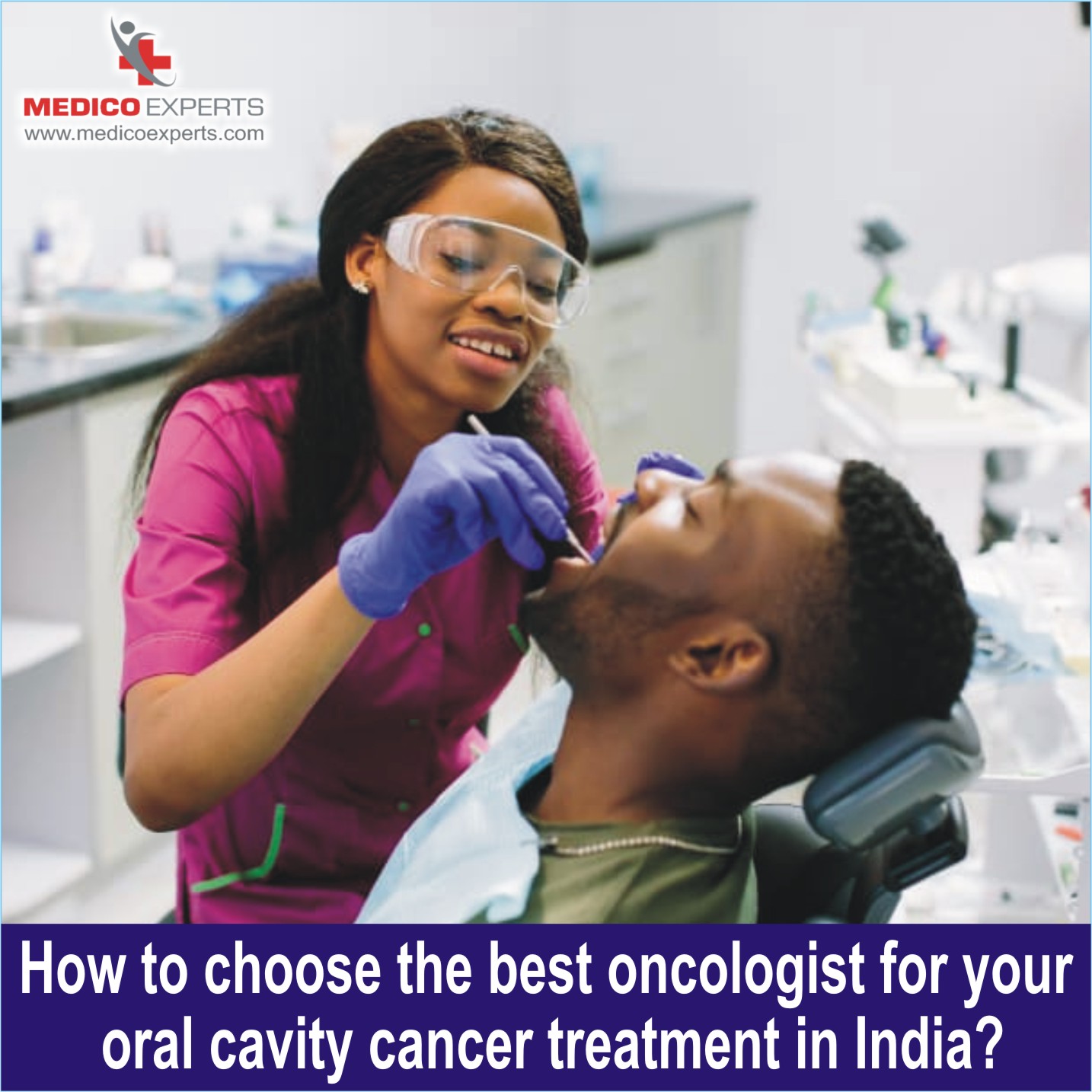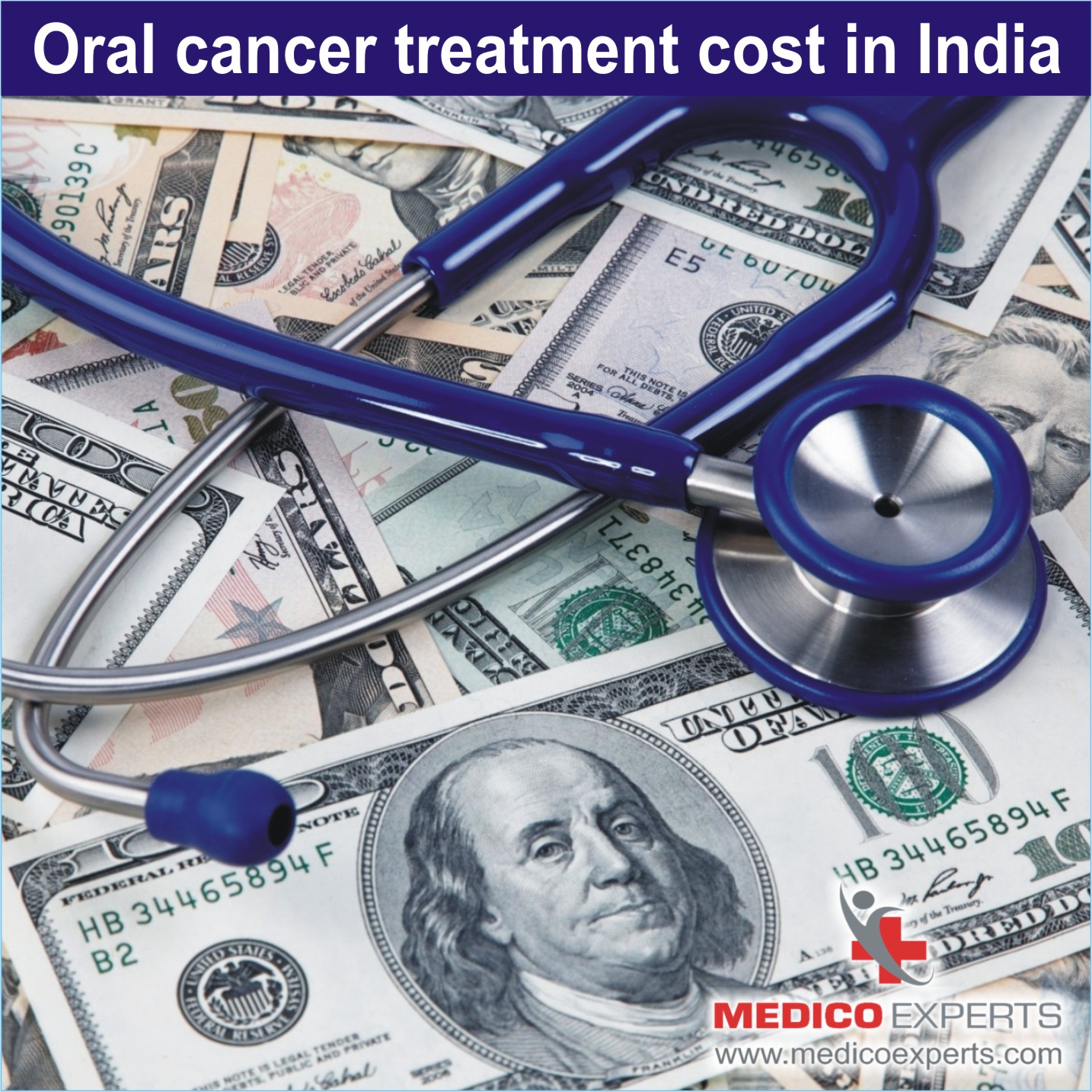Your Guide to Oral Cavity Cancer Treatment
The oral cavity cancer treatment depends on several factors, including the cancer’s type, location, and stage. A personalized treatment plan is designed to achieve the best possible outcome while preserving essential functions like speech and swallowing. With advancements in medical technology and a multidisciplinary approach, patients now have access to a range of effective options that aim to control the disease and improve quality of life.
Oral cavity cancer treatment depends on various factors like the stage of cancer, the location of cancer, and personal preference. In some cases, only one treatment is enough, while in some cases, more treatments are combined.
Here are various treatment options for oral cavity cancer:
Surgery for the primary tumor: The tumors are either removed through the mouth or by making an incision in the neck area.
1. Glossectomy:
This is a surgical procedure involving partial or complete removal of the tongue.
2. Mandibulectomy:
Mandibulectomy is a surgical procedure for oral cancer involving the jawbone. It can also be described as a Maxillectomy. This involves removing part or all of the hard palate, which is the bony roof of the mouth.
3. Sentinel Lymph Node Biopsy:
Another test that can help to understand whether cancer has spread beyond the original oral cancer is a Sentinel lymph node biopsy. Neck dissection would involve surgery to remove lymph nodes from your neck.
4. Reconstruction
A procedure that follows surgery that removes significant portions of tissue — may be performed to restore the missing areas after the tumor or to substitute a portion of your lips, tongue, palate or jaw. Reconstruction is done by taking healthy bone and tissue from other parts of your body.
But can mouth cancer be cured without surgery? Yes.
There are multiple treatment options to effectively address oral cancer. These are surgery, radiation therapy, and chemotherapy. Doctors may consider a more forward-thinking approach by combining surgery with the following complementary treatments:
High-energy beams like X-rays and protons are used to kill cancerous cells.
The radiation beam is targeted at cancerous cells. It is recommended alone or combined with surgery and chemotherapy as per requirement. Radiation therapy has some side effects like dry mouth, damage to the jawbone, and decay of teeth.
This is the reason that before radiation therapy for the oral cavity, doctors recommended dental examinations to check whether the teeth are healthy enough or not. Unhealthy teeth may need to be treated or removed before surgery.
In chemotherapy, a drug is given to kill cancerous cells. It may be combined with other treatments to ensure the complete removal of cancerous cells.
Side effects of chemotherapy are nausea, hair loss, and vomiting
Immunotherapy is generally preferred for patients who do not respond to all these previous treatments.
Immunotherapy basically uses the immune system to fight cancer. The immune system of the body does not attack cancer cells because cancer cells produce a protein that’s similar to normal cells. Immunotherapy interferes with this system.
To know more, please visit the immunotherapy pages.
Targeted drug therapy is used to target specific weak parts of the cancerous cells. Targeted drugs also alter specific parts of the cancerous cells that trigger their growth.
For mouth cancer, Cetuximab targeted drug therapy is used. Cetuximab targets specific proteins that are found in abundance in cancerous cells.
In targeted drug therapy, you may face some side effects like headache, diarrhea, skin rash, and itching.
Now we will see a very important part.
To know more please visit the targeted drug therapy pages.
Typically, soon after the diagnosis of oral cancer, your doctor may prescribe you some medication to slow down the progression of cancer.
Also, before starting the treatment for oral cavity cancer, your doctor may ask you to undergo a few tests. These tests are mainly done to understand the precise location and extent of spread of cancer in the oral cavity.
After understanding the extent of the spread, your doctor will choose the best treatment suitable for you. The different treatment approaches for different stages of oral cavity cancer treatment are:
Typically, doctors advise surgery to reverse stage 1 cancer. Sometimes your doctor may advise you on radiation or chemotherapy with surgery.
Most doctors recommend surgery to treat stage 2 oral cavity cancer. Sometimes your doctor may even remove adjacent lymph nodes while removing the cancerous part.
Besides surgery, your doctor may advise chemotherapy and radiation therapy to ensure complete removal of cancerous cells.
Treatment for stage 3 oral cavity cancer is similar to the treatment of stage 2 cancer. Your doctor will surgically remove the cancer and the adjacent lymph nodes. After the surgery, your doctor may advise you on radiation therapy and chemoradiation therapy.
Typically, there are minimal chances to reverse this stage of cancer. However, doctors try to manage and help you relieve symptoms of the advanced stage of oral cavity cancer.
Selecting a country for oral cavity cancer treatment can be a difficult task because you need to check several factors, like:
- The chosen country has modern healthcare facilities with other advanced technologies for the treatment.
- The survival ratios for people who underwent oral cavity cancer treatment in the chosen country
- Confirm the success rate of oral cavity cancer treatment in the country
- Ensure that the cost of treatment and stay in that country is reasonable
Apart from checking on the affordability and advanced treatment, you must also consider logistic factors, including:
- Availability of connecting flights,
- Ease of local transportation, and
- Safety of the selected country.
While it is not uncommon for people to prefer Western nations’ treatment for cancer, the cost of oral cavity cancer treatment in those countries is usually high.
Contrary to Western nations, the cost of oral cavity cancer treatment in India is almost half. Besides offering affordable treatment, the hospitals in India offer you world-class facilities, with high success and survival ratios for oral cavity cancer treatment.

While choosing a country for oral cavity treatment is important, selecting a hospital for oral cavity cancer treatment is equally crucial. When selecting a hospital for oral cavity cancer treatment, you must ensure that the hospital you have chosen is equipped with the advanced devices used for cancer treatment.
Besides providing advanced facilities, you must ensure that the hospital offers a multidisciplinary approach. The multidisciplinary approach helps you get access to specialists, surgeons, medical oncologists, radiation oncologists, and well-trained nurses who work together to provide you with the best treatment.
Nevertheless, you should also ascertain the availability of a dedicated unit for cancer treatment with a well-trained post-care team that ensures high success and survival rate.

Choosing an oncologist for your oral cancer treatment is a difficult yet one of the most essential decisions you make for your cancer treatment.
An experienced and qualified doctor helps you provide the necessary treatment to reverse or manage the symptoms of cancer. Before selecting an oncologist for your oral cavity cancer treatment you must ensure:
- Your doctor is tumor board-certified oncologist
- If your doctor has a team of specialists for treating cancer which includes specialist surgeons, medical oncologists and radiation oncologists
- Your doctor has adequate experience and expertise in treating oral cavity cancer
- Always choose a doctor with whom you are comfortable with
Now, Let’s explore the cost of mouth cancer treatment in India.

The cost of oral cancer/mouth cancer treatment in India varies depending on the size of the tumor, the stage of cancer, and the treatment option chosen according to the condition of the patient.
A cancer evaluation will reveal the extent of the spread and the best-suited treatment to restrict and cure it. The cost for cancer evaluation starts from 500 USD (37220 INR).
After the initial evaluation, the oncologist will be able to gauge if cancer can be treated by therapy alone or if surgery is recommended.
The cost for oral cancer surgery in India starts from 3000 USD (223325 INR). Thanks to advancements in technology and innovation, newer and safer surgical options are also possible.
However, it is to be noted that not every patient is eligible for this treatment option. The Head and neck oncologist will suggest the best-suited treatment plan based on the patient’s case.
In certain cases, surgery is also to be combined with other treatments like chemotherapy and radiation therapy to ensure a complete cure.
The cost of chemotherapy for oral cancer starts from 400 USD / cycle (29776 INR). And the cost of chemotherapy starts from 4000 USD / cycle (297767 INR).

Frequently Asked Questions (FAQs):
Q1. What are the main treatment options for oral cavity cancer?
A. Treatment may include surgery, radiation therapy, chemotherapy, or a combination, depending on the cancer’s type, location, and stage.
Q2. Is oral cavity cancer curable?
A. Yes, if detected early and treated appropriately, oral cavity cancer can be cured in many cases. Outcomes improve with timely intervention.
Q3. How is a treatment plan decided?
A. A multidisciplinary team considers the cancer stage, patient health, and functional outcomes before recommending a personalized treatment approach.
Next in Oral Cavity Cancer

Author Bio:
Dr. Yashashree Joshi – MBBS, MD (Philippines)
Dr. Yashashree Joshi, MD, is a globally-trained oncologist with a robust academic background and extensive experience in pioneering cancer treatments. Dedicated to patient-centered care, she continually integrates the latest advancements in oncology to provide her patients with innovative and personalized treatment plans.
Content Medically Reviewed By MedicoExperts Editorial & Clinically Review Board



